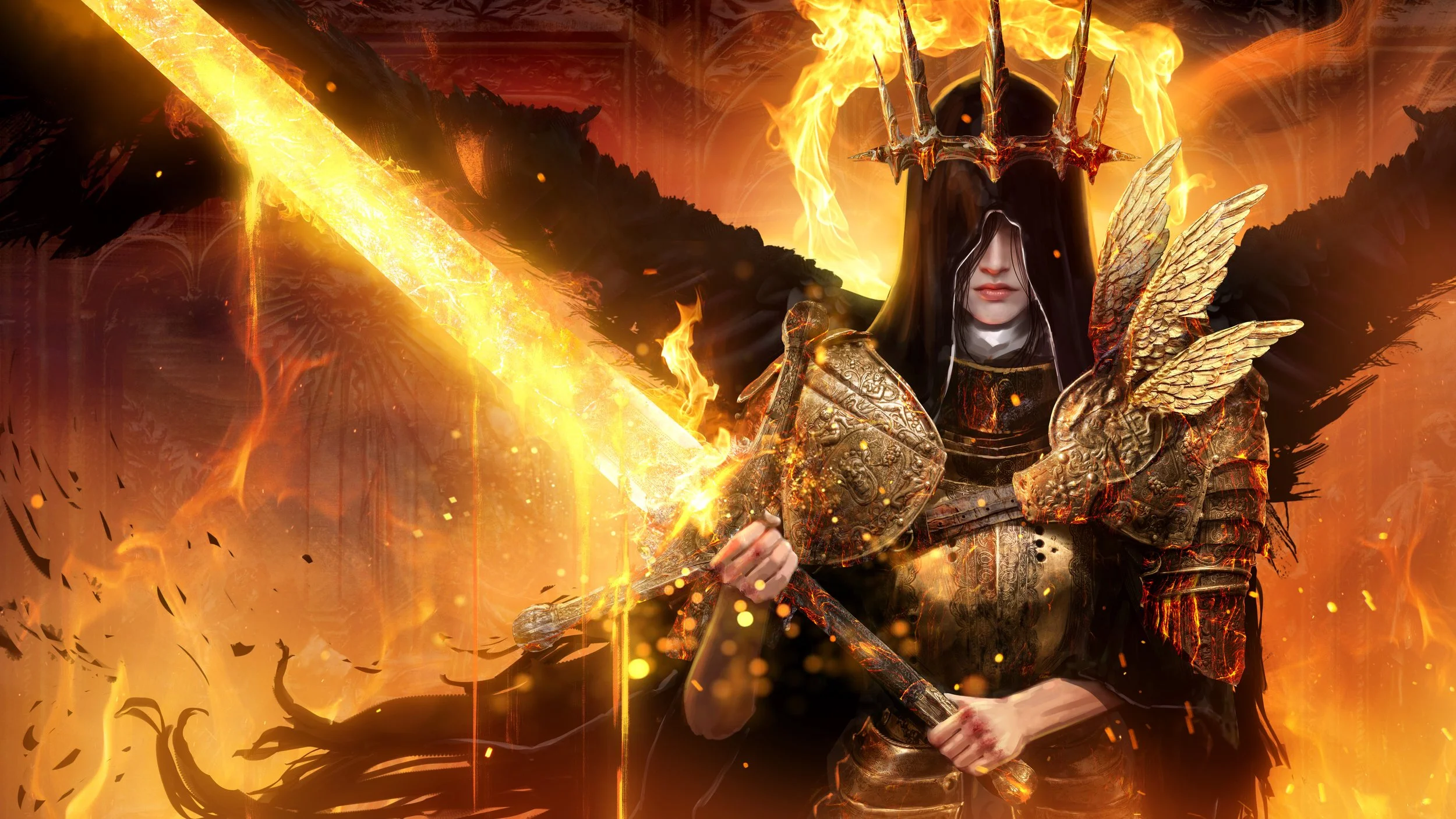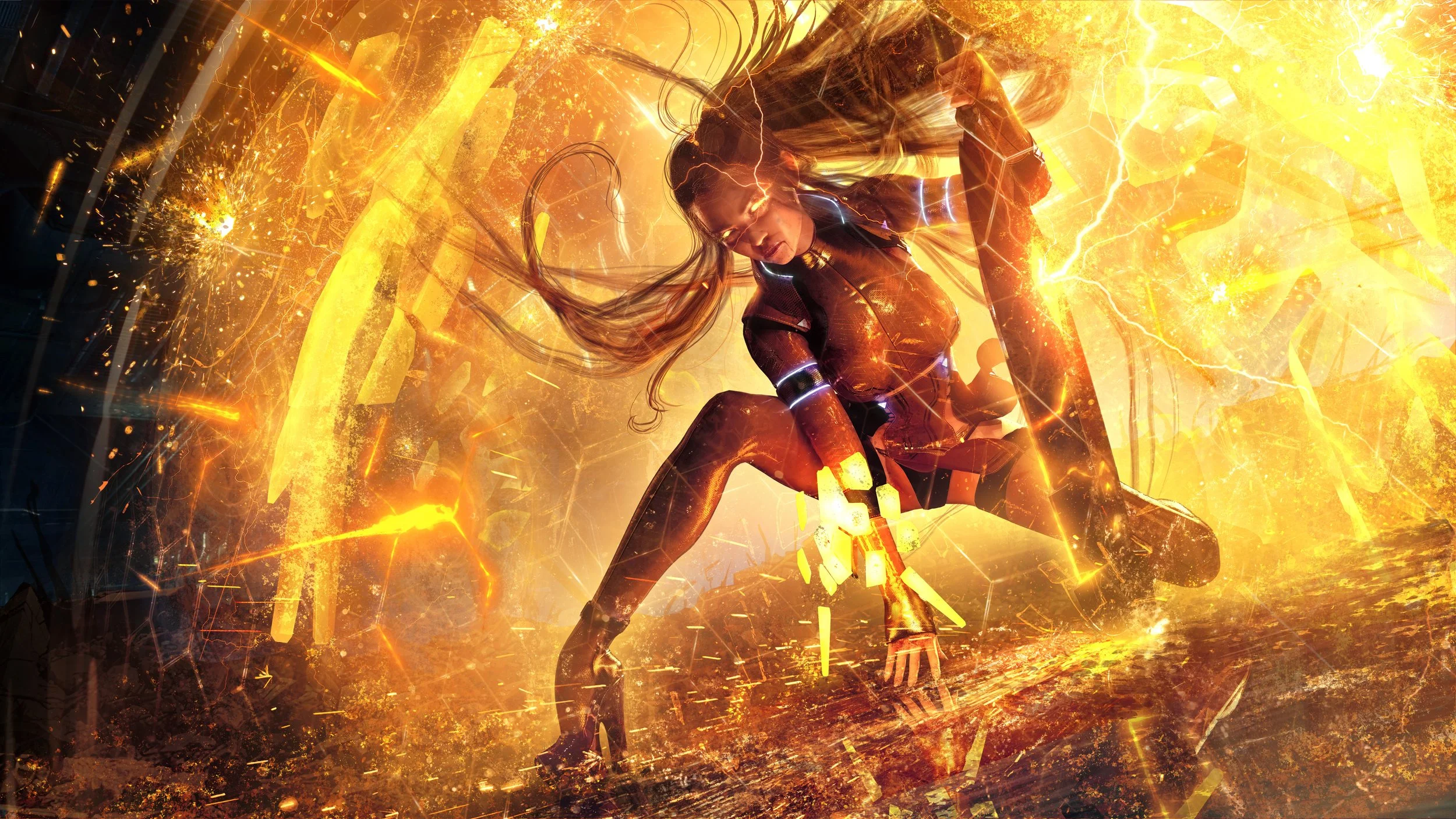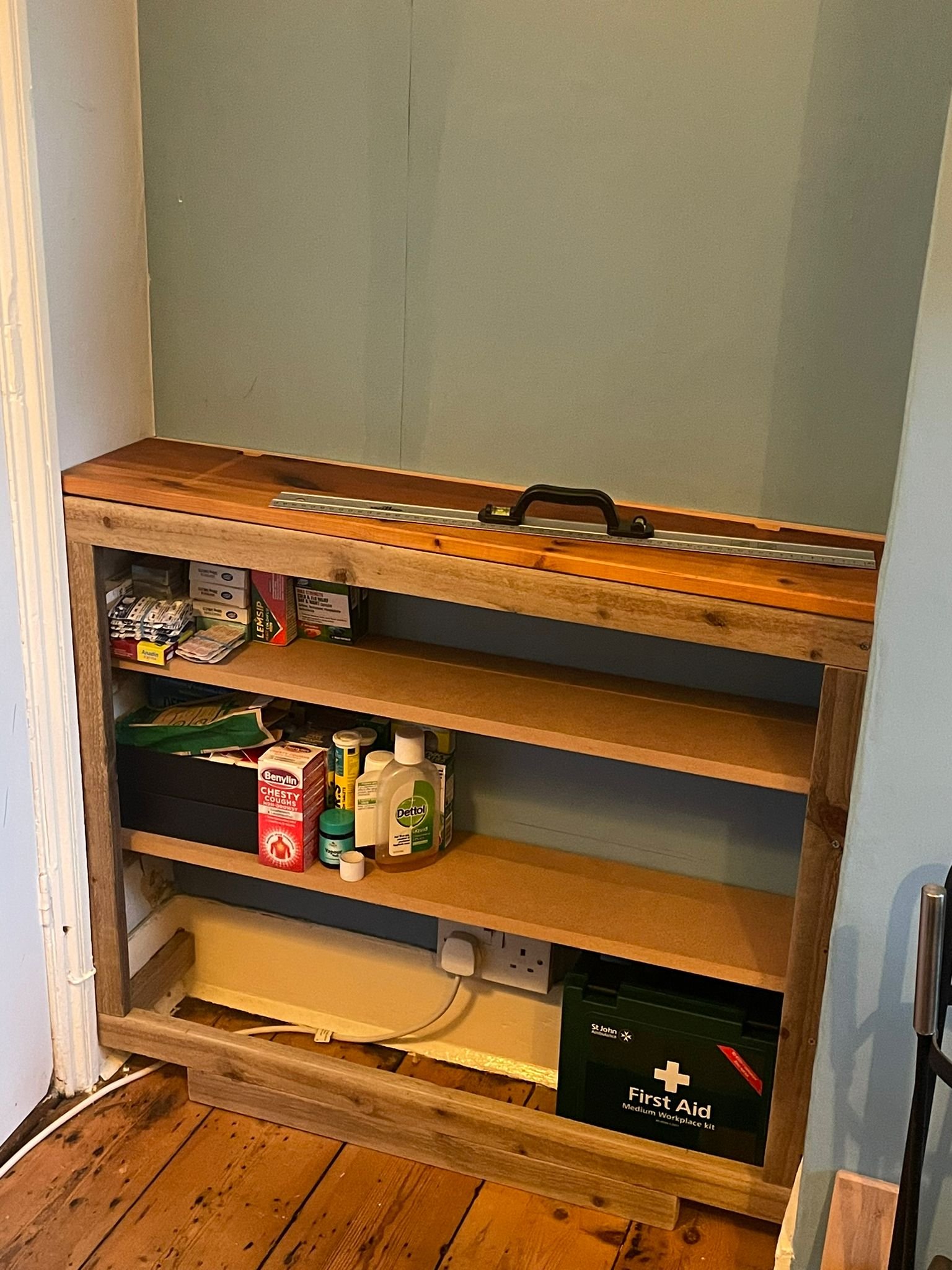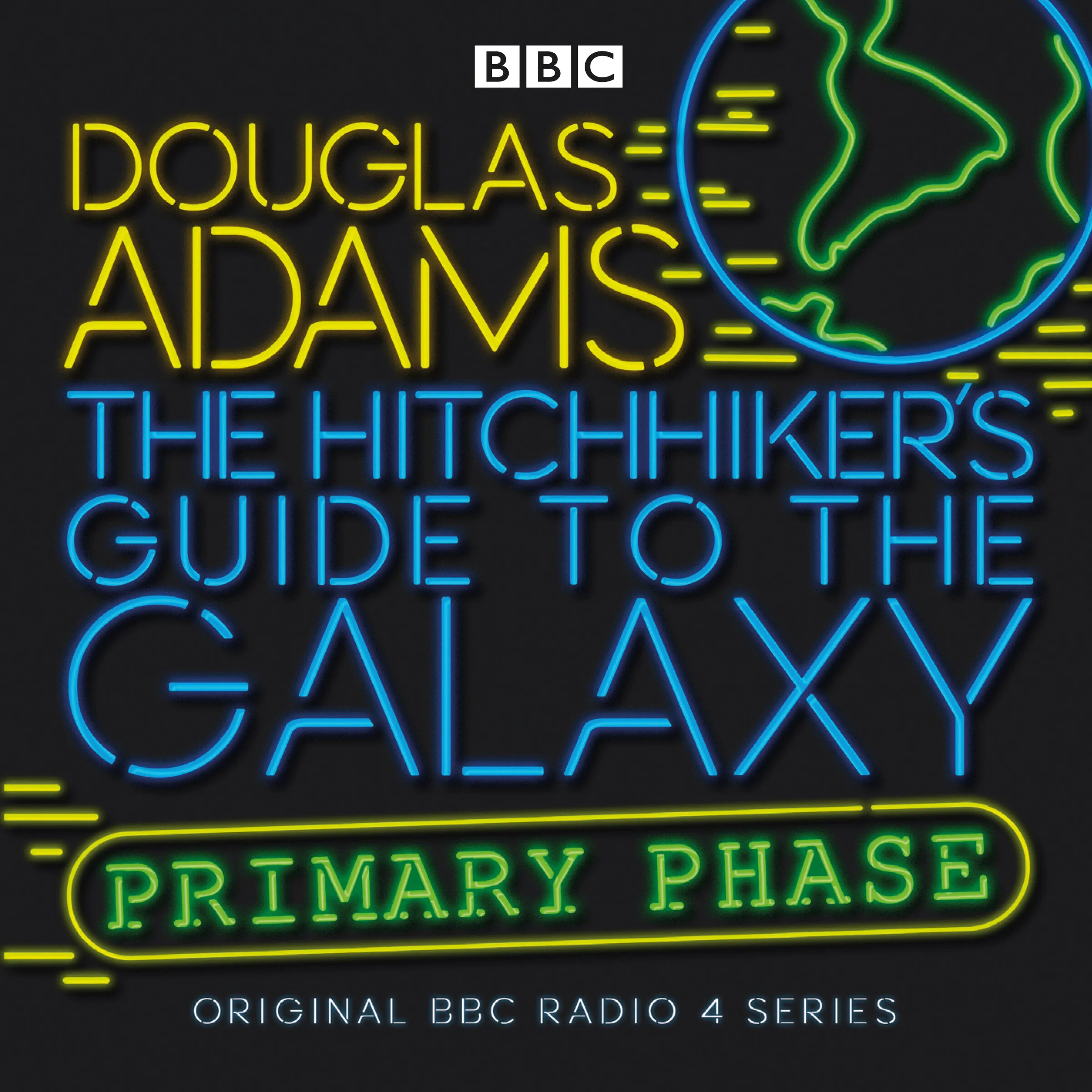Emily’s Blog
A selection of Emily’s thoughts, interviews, and video links…
Converting Prose to Script - Written for Pen-to-Print
You might be writing something specifically for audio, or you might be looking to adapt a short story or novel. This article will provide examples of how to approach the latter. As a starting point, you’ll want to look at your story or book and ask yourself which style best serves your narrative. Think about tone. Think about genre. Think about character… and have fun!
Let’s use an extract from Pride & Prejudice by Jane Austen as a base…
Writing Female Warriors - Things to Remember - Part 4
NUNS, SISTERHOODS & VOWS
Following Part 3 - Ice Queens, Mothers… and Korra, this article will explore organisations and collectives of female warriors. Does your badass female character belong to an order of warrior nuns? A coven of sorceresses? A nation of Amazonian goddesses? A sworn female-only guard to a royal house? Excellent. Strength through sisterhood. This is fertile ground for some epically powerful heroines. However, there are some problematic aspects of the segregated female clique that deserve due consideration…
Writing Female Warriors - Things to Remember - Part 3
ICE QUEENS, MOTHERS… AND KORRA
If your female warrior isn’t a main character but performs a core function in the plot and inspires your male characters… you’ll need to make sure she’s still a fully rounded person in her own right. Despite what you might think it can be difficult to tell the difference between making a female character into an integral plot device, and turning her into a prop. If you’ve given your female warrior a sword and powerful attributes… and then used her as nothing but background inspiration for your male protagonists, she might as well be a statue.
Writing Female Warriors - Things to Remember - Part 2
FASHION vs. FUNCTION
Following on from Part 1 - Fierce Introductions, we’re going to take a look at how your warrior woman appears; the visual element. Clothes matter, especially to someone on a mission or with a job to do. Yet, when we search for pictures of female warriors, or see female warriors depicted in fantasy and sci-fi spaces, they’re usually impractically dressed and over-sexualised.
This is a choice…
Writing Female Warriors - Things to Remember - Part 1
FIERCE INTRODUCTIONS
So you’re writing a book that features a kickass woman. A woman who can hold her own in a violent world. A woman who could dispatch a seven foot Titan without breaking a sweat. That’s feminist, right? As soon as you’ve given her sword you’re there, right? As soon as you’ve integrated her into your band of heroes, you’ve done your bit for female representation… right..?
Unfortunately, it’s not that simple.
Female Characters in Crisis - Things to Remember
The world is ending. Again. So what role do your female characters play in a crisis and how can you avoid one of the most common male-written pitfalls out there? Once you read this, you will see it over and over again in movies and serialised dramas. It’s so prevalent it’s almost standard… and it’s about as far from reality as it’s possible to be.
I’m talking about the moment in the story when the woman looks at the man and asks…
“What are we going to do?!”
How Women React to Men: Female Characters - Things to Remember
Gents, in this series I’ve been providing non-judgemental tips and tricks to ensure your female characters score highly on depth and integrity.
This time I’m looking at the subject of how women view men, the things we notice and the thoughts we have but don’t necessarily verbalise. If you’re writing from a female perspective you may struggle to inject these realistic focal points. This is totally understandable… and fixable…
Writing Female Villains - Things to Remember
It’s understandable when tired tropes find their way into your writing, but there are good reasons to be aware of them. Introducing nuance to your villainous women will help you to give your writing credibility while maintaining your female readership. It’s all about integrity, which is something most, if not all, writers aspire to.
Writing Female Characters - Things to Remember
I see a lot of posts highlighting examples of male writers getting descriptions of female characters wrong. Of male writers falling back on tired sexist tropes that place women as props in the male MC’s storyline. But in a world where it’s quite possible to read works only written by men… and I must stress here the importance of diversifying if you haven’t already… it can be difficult to know how NOT to do those things.
The Questions You Need to Ask Yourself About Your Book
The self-interview is a very useful exercise. As a writer you’re creating something that others will hopefully one day consume. Whatever you choose to do to your characters, you should have a ready answer for the inevitable questions that will spring up on social media, on your Discord server, or during an author event.
Dragons and Wyverns and Why Authors Claim They're the Same
As far as I’m concerned this is very simple. A dragon is a dragon, a wyvern is a wyvern. We have names for these things that are long-established. It is simply what they are called.
BUT
There are a few good reasons for authors to call wyverns dragons, and these come down to accessibility and marketing.
Start at the End
While writing my epic trilogy of novels I adopted a “lighting of the beacons” approach, discovering the path between set moments, always with a clear destination in mind. And you might think that writing a series would follow a similar format, with every episode focusing on a key moment. But the truth is episodic dramas improve with better planning. They also improve when you know the complete journey from the start.
Why Trauma MUST be Recognised in Character-Driven Narratives
TW - violence in narrative including killing, dying, sexual assault, loss
In a previous blog post I talked about how character actions should be supported by an appropriate amount of context. i.e.:
Is the context of X and Y enough to plausibly support the action of Z?
In this blog, I’m going to address how some contexts require a reaction:
Is the context of X and Y plausible without the reaction of Z?
Crowd-Funding a Sci-Fi Audio Drama
Written for Pen-To-Print and later published by the Writers & Artists Yearbook in June 2023
Emily Inkpen talks us through the process of turning her sci-fi drama, The Dex Legacy, into a successful audio series, and funding Season Two via the crowdfunding platform Kickstarter.
I built a thing. I wrote a thing. These processes have more in common than you might think!
I set out with good intentions, reached a middle point of intense self-doubt and existential dread… and kept going.
Episodic Writing - Written for Pen to Print's Write On! Feature
Episodic writing has changed dramatically since the late noughties.
The reason for this is simple: writers can now, more or less, guarantee that viewers and listeners will consume their show from start to finish and in order, at their own pace, without missing anything…
The How and the Why of World Building
When it comes to world building, you need a process that will lead you down the rabbit hole. You need to get lost in it, because if your world isn’t big enough or complicated enough to get lost in, you’ve got work to do.
Why Audio Drama is the Home of Sci-Fi
…Indeed, the very structure of the opening episode helps the listener to understand the scale of the universe we’re about to enter. The unjust bureaucratic system that’s destroying Arthur Dent’s house to make way for a new motorway, is extrapolated to the extreme when the Vogon Constructor Fleet turns up to demolish Earth to make way for a new hyperspace bypass.
Emily's 12,000 Twitter Followers Q&A Special
And here we are again! You wouldn't think 12,000 people could creep up on a gal, but you did! And as we hit that round number it's time for another Q&A. So here I am, getting animated in response to all your questions and thoroughly enjoying myself.
Daniel Soule and The InkWalker Collective
The InkWalker Collective was born when Adrian Walker (The End of the World Running Club, The Human Son, etc) and myself got talking about how music influences our writing. We decided to set out on a writer’s side quest, gathered a group of fellow authors, and collaborated on a series of themed playlists. We’ve been releasing these to the writing community one by one.
I managed to catch up with horror and speculative fiction writer, Dan Soule, a while ago. He’s been a big contributor, and as a lecturer and writing coach, he knows a thing or two about getting the most out of your writing time…




















